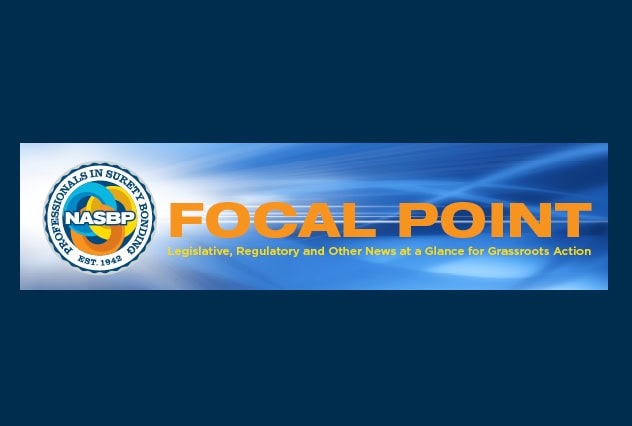Search & Filter
Search
Topic
Region
Audience
Post Type
NASBP Elects Greensboro, NC Executive As President for 2025-2026
Bethesda, MD—During the April 27-30 NASBP Annual Meeting & Expo, the National…
NASBP Appoints Directors to Board of Directors
Bethesda, MD—The National Association of Surety Bond Producers (NASBP) has announced the…




